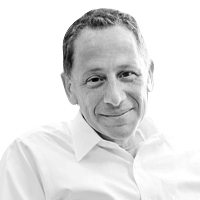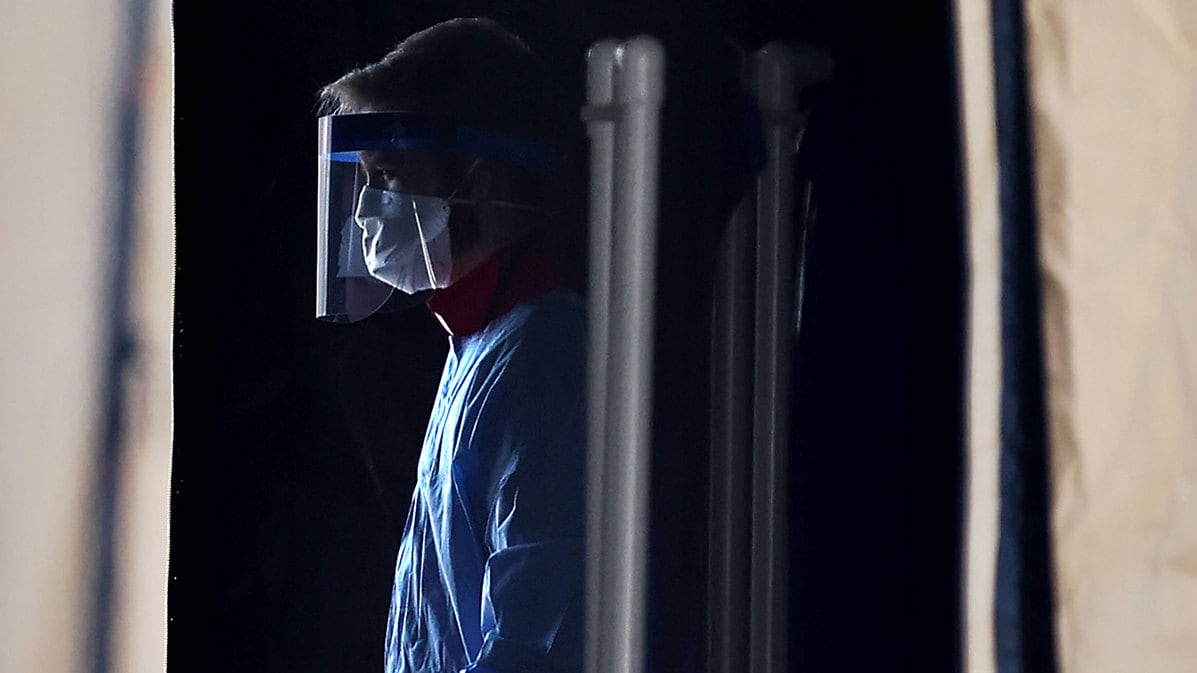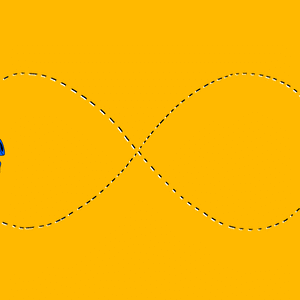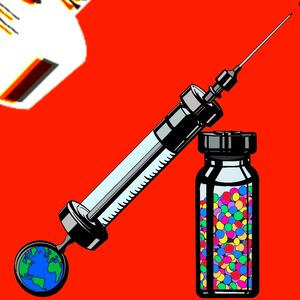The U.S. is ramping up its global response to the COVID-19 pandemic. During a White House press conference, President Biden noted that the administration had exceeded its commitment to have by now distributed 80 million doses of the vaccine worldwide and had, in fact, already provided 110 million doses, no strings attached, to nations in need worldwide. He also reiterated the U.S. commitment to provide another 500 million doses of the Pfizer vaccine, noting that the U.S. has committed more doses to its global efforts than all the other leading nations of the world combined.
This vaccine diplomacy is a complete reversal from the Trump administration’s neglect, with concrete commitments being met, but major challenges remain. Gayle Smith, the administration’s coordinator for global COVID-19 response and health security, who is based at the State Department, tells The Daily Beast that there are three key areas where significant work is required: Dealing with the pandemic at hand; building and strengthening mechanism and resources for those to come; and developing new capacities for containing not only outbreaks but also disinformation and politicized responses to them.
“As our mothers told us,” Smith said, “an ounce of prevention is worth a pound of cure. We can’t wait until the pandemic is over to build the architecture we need to prevent or deal with the next one.”
ADVERTISEMENT
Smith, who served as administrator of USAID and as a senior director on the National Security Council during the Obama Administration, recalled that during her six and a half years working there, there were six major virus outbreaks worldwide—including the 2013-2016 Ebola outbreak in West Africa—that rose to the level of White House concern. Her point is that even as we grapple with COVID-19 we must be aware that the next big transnational health challenge is on the way, and that we must have the same sense of urgency in preparing for that as we do in managing the current worldwide crisis.
“There are multiple discussions going on about this now on the multilateral front,” she said. “Discussions are addressing how we set up global surveillance hubs, how we increase collaboration and global capacity on genomics and sequencing, and how do we anticipate and manage challenges like those we have encountered recently on intellectual property issues associated with vaccines. We have to answer, ‘How do you finance all of this?’ How can we be prepared to prevent, detect and respond as we must be?”
This means, as Smith describes it, that we, other nations and multilateral organizations like the World Health Organization need to head down two paths at the same time. The Biden Administration has, she says, put in place significant, multi-faceted efforts to address the current pandemic in its first months in office, grounded in Biden’s view that “You can’t build a wall high enough to keep us safe from COVID in other countries” and his commitment to extending a helping hand to the world with no strings attached and at a scale that makes a difference to send a message linked to his broader foreign policy priority of demonstrating that “democracies can deliver.”
Smith describes three key things the U.S. is already doing to respond to the crisis at hand: First, sharing vaccines that have been produced—as in the case of the 110 million doses that have been distributed since the spring. Second, increasing production capacity. Third, setting up locations around the world to augment that through “fill and finish,” where plants provided raw vaccine materials take the final steps of manufacturing, bottling and distribution the precious doses.
The U.S. is the leading funder of COVAX, the multilateral effort to support vaccine distribution, having committed $2 billion early in the administration as well as providing $2 billion worth of in-kind support through the 500 million Pfizer doses mentioned earlier. Beyond commitments of cash and vaccines, however, an equally essential component of U.S. efforts has been mastering the process of getting vaccines approved for distribution worldwide when each country has different, often complex and cumbersome processes that must be managed. On that front, though, Smith says she is confident the U.S. team has gained the expertise they need: “We have built the machine and we now have it down to a science,” with multiple shipments per week going out to approximately 60 countries.
Smith notes that the responses to the U.S. efforts have been “extraordinarily moving.” She cited one such instance in which they delivered a shipment to Indonesia and within two weeks “they had vaccinated a million health-care workers.”
Smith described the challenge of dealing with disinformation and politicization of pandemics as “really, really difficult” and “very different in character to combating disinformation from, for example, an extremist network.” Science and data are being rejected out of hand and public health measures are, as in the U.S., being politicized in ways that exact a high toll in lives and human suffering. As a consequence, she says, “We are very thoughtful about our own messaging and communications. USAID and CDC are playing extremely important roles as are our ambassadors. They are trying to counter untruths with facts. But it would be dishonest to say this is an easy battle to win.”
None of it is easy. Today, many countries in Africa have vaccination rates in the single digits. In Latin America and Asia, there are numerous countries where less than a third of the population has received one of the available vaccines. A huge disparity exists between the rich and poor nations of the world. This week, WHO Director General Dr. Tedros Adhanom Ghebreyesus called for a moratorium in administering booster shots for COVID-19 in wealthy nations as a way to free up more doses for the neediest on the planet. Previously he has expressed real anger at what he has characterized as the greed that has fed the north-south disparities in access to the vaccine.
Smith, who has spent her entire career working on trying to solve the problems bedeviling the world’s least developed nations, said, “I don’t begrudge him his anger. We haven’t yet retooled the international system to fully respond to the crises and threats that inevitably emerge. The inequities we see are not only unfair, but dangerous. As we look at how to prepare and prevent going forward we will be unsuccessful until we can produce truly global responses to the challenges we face.”







